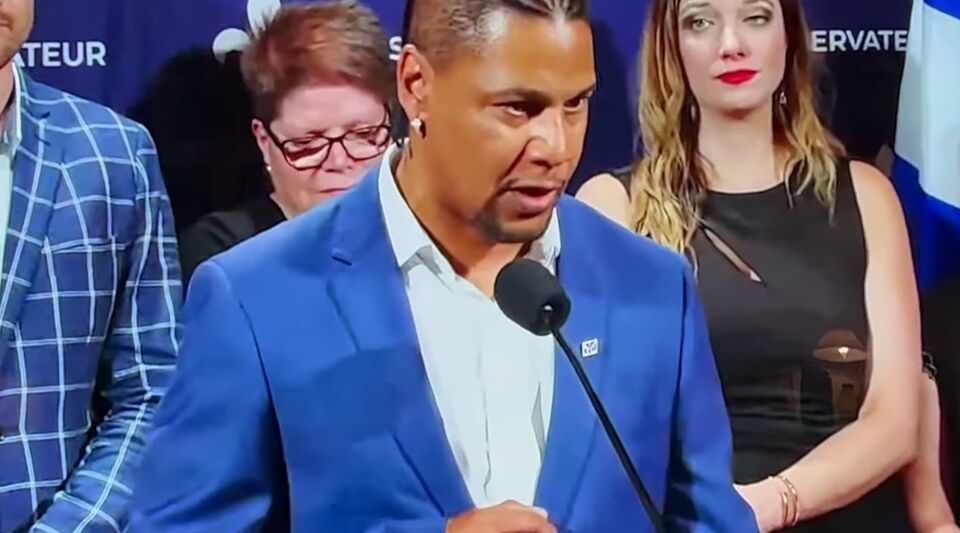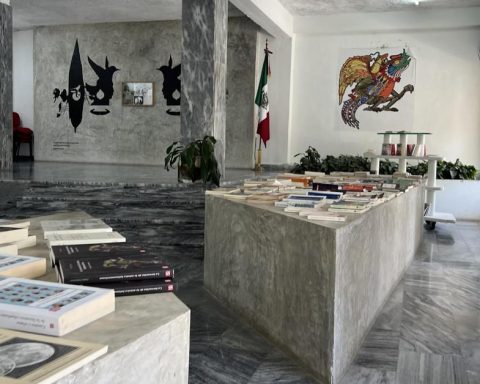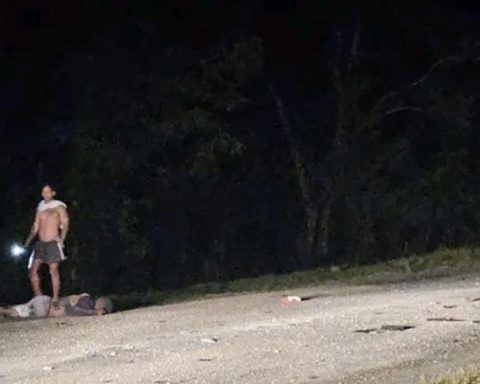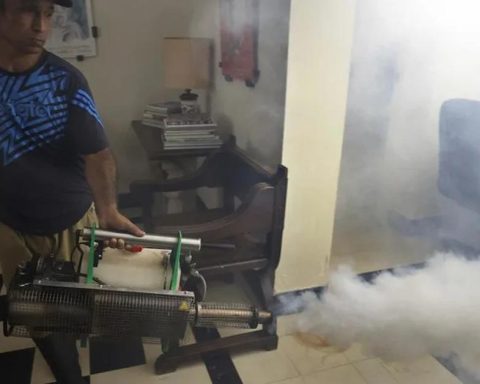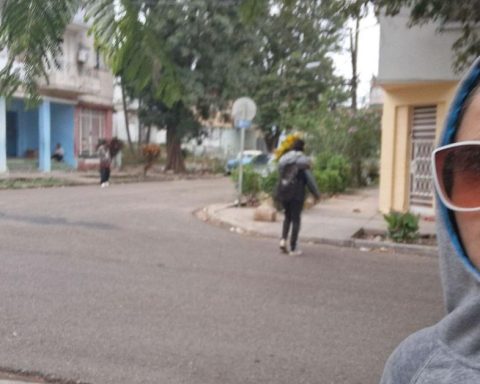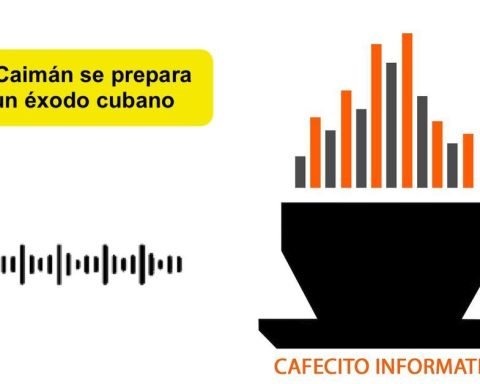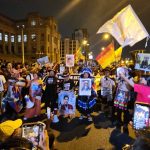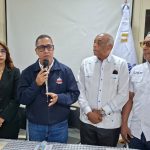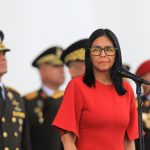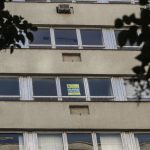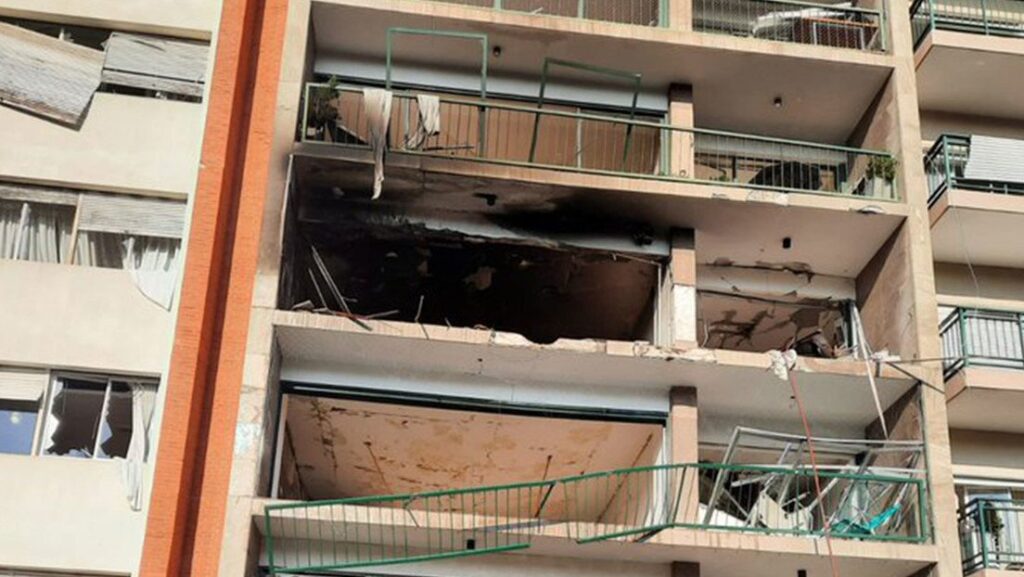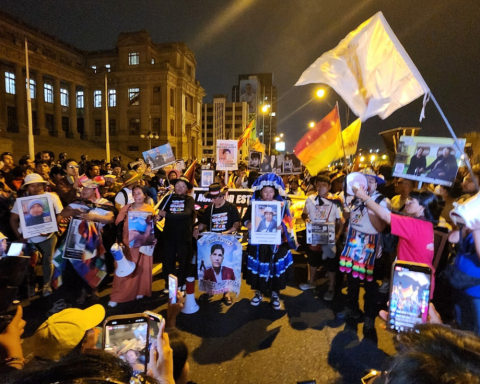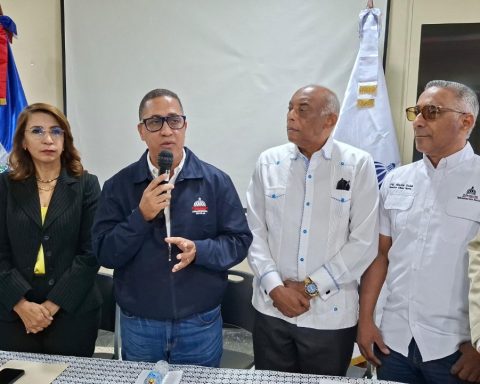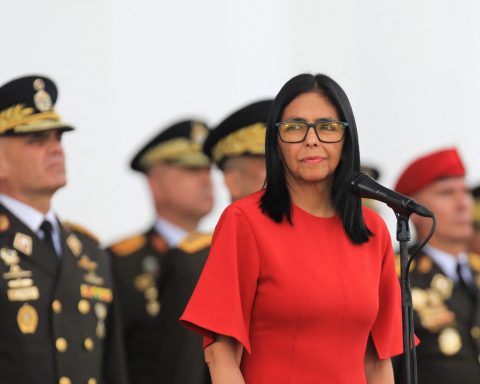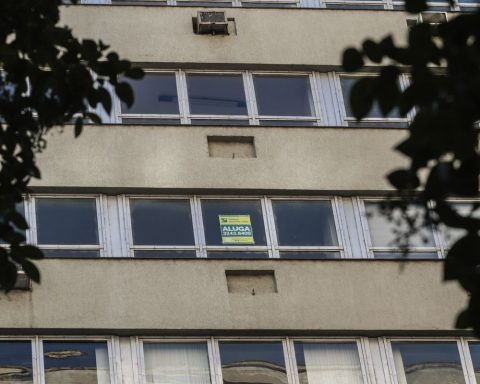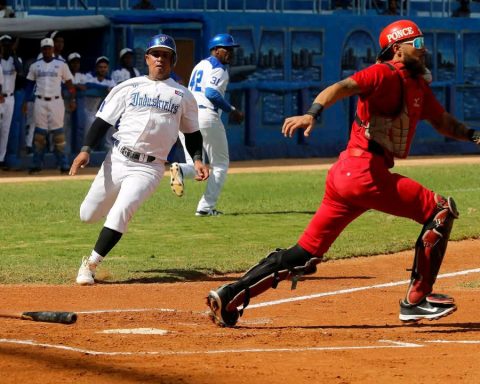Cuban Ernesto Almeida arrived in Canada in 2001 to complete his training as a sheet metal worker and stayed in the country. Born in the neighborhood of Santa Felicia, in the Havana municipality of Marianao, he grew up “in a house where it rained more inside than outside, full of cockroaches and mice” and, today, he is the candidate of the Conservative Party of Quebec in L’Assomptiona town outside of Montreal.
The decision to migrate ensures 14ymedio via instant messaging, was not among his plans at first. In Cuba, he worked for no less than the Ministry of the Interior, in Workshop Number 3 of the institution, and even won a science and technology award. “I was one of the best sheet metal workers,” he boasts.
After six years in that job, he left to work on his own, “on the street.” “He had many clients, among them soldiers and doctors from Cimeq [Centro de Investigaciones Médico Quirúrgicas]and he had dollars and gas bonds”.
Two years later, a former military boss of his who had been transferred to the Ministry of Construction told him about a Canadian who wanted to invest in auto repair shops and offered a training program. Almeida accepted. “Still a month later, being in Canada, I thought to return, but on the last night the two others who were with me on the mission deserted and I joined them.” During that time away from the island he had understood, he tells this newspaper, “the lie that the dictatorship tells about capitalism.” Thus, he requested political asylum and did not return.
One day, before she died, seeing that her grandson made a good living doing sheet metal work, the woman confessed to him: “I lost everything because of the Revolution; in the end, look at the conditions I live in.”
Graduated in automotive body manufacturing, in Canada he worked in the same sector, in the company Carrosserie Multi Marques, since 2007.
On the Island, Almeida never had any problems for his ideas. “Because I didn’t trust anyone, I didn’t talk about this, not even my family,” he says. “Also, my grandmother had a great reputation as a communist.” One day, before she died, seeing that his grandson was making a good living working as a body shop, the woman confessed to him: “I lost everything because of the Revolution; in the end, look at the conditions I live in.”
The politician says that his political concerns began in Canada with his affiliation to the organization Cuba Independiente y Democrática (CID), the anti-Castro organization founded in exile by Huber Matos, which in Quebec is in charge of raising funds to help Cubans who arrive and send humanitarian aid to the island.
Later, he joined Pierre Poilievre’s Conservative Party, opposed to the Liberal Party of the current Canadian Prime Minister, Justin Trudeau, “for being a defender of democracy, against the manipulation of the media” by the current government.
In addition, he recalls, Poilievre, married to the Venezuelan Anaida Galindo, “is against communism” and “understands the suffering of countries led by dictatorships.”
Almeida supports two internationally controversial causes. One, the so-called “freedom convoy”, the protests of truckers against the restrictions imposed in Canada to stop the spread of covid-19 and the obligation to get vaccinated. On the other hand, he is a great admirer of the president of El Salvador, Nayib Bukele.
Regarding the first, he explains that he is not against vaccines in general, but against covid. “I think that the trial time is insufficient to see the side effects,” he says, and refers that “more deadly diseases have existed for a long time and there has never been a confinement, health pass or things like that”, measures that he judges “hypocrisy.” ” (“some of the places that could be open and others not”).
As vice president of CID, he feels committed to “contributing to the democratic reconstruction of Cuba, for a change that is as peaceful as possible.”
As for Bukele’s “iron fist” policy against Salvadoran gangs, criticized by international organizations such as Amnesty International, he defends that “an honest government must be concerned first and foremost with the safety of families and honest workers, because that is the future development of a country”.
With his candidacy, Almeida says, he also intends to “show Cubans that a simple sheet metal worker can reach a high political level because of his determination.” The politician promises that if he enters the Canadian Parliament, he will be “active in the negotiations” towards Cuba to stop, “within my possibilities, the oxygen to the dictatorship.”
At the same time, as vice president of CID, he feels committed to “contributing to the democratic reconstruction of Cuba, for a change that is as peaceful as possible, although I know that on the part of the PCC, they prefer dictatorship or death.”
As a migrant for more than twenty years, he sees the current unstoppable exodus from the island as “a plan by the Cuban government to pressure democratic countries to ask for monetary aid and not pay, as they did with the millions earmarked for thermoelectric plants and They used it for something else.” Similarly, he believes that “agents who work for the dictatorship” are also included in migration.
Like many other Cubans residing outside the Island, he sees the protests of July 11, 2021, as “a before and after”: “That date is the beginning of the end of the dictatorship, the true moment that marked the loss of fear among Cubans”.
Almeida would like to return one day to her native country, but “to a free and democratic Cuba, like the one Celia Cruz dreamed of.” Perhaps, he reflects, “the fact that politics has interested me is the beginning of an apprenticeship for, in the not too distant future, accompanying change in Cuba.”
________________________
Collaborate with our work:
The team of 14ymedio is committed to doing serious journalism that reflects the reality of deep Cuba. Thank you for joining us on this long road. We invite you to continue supporting us, but this time becoming a member of our journal. Together we can continue transforming journalism in Cuba.
